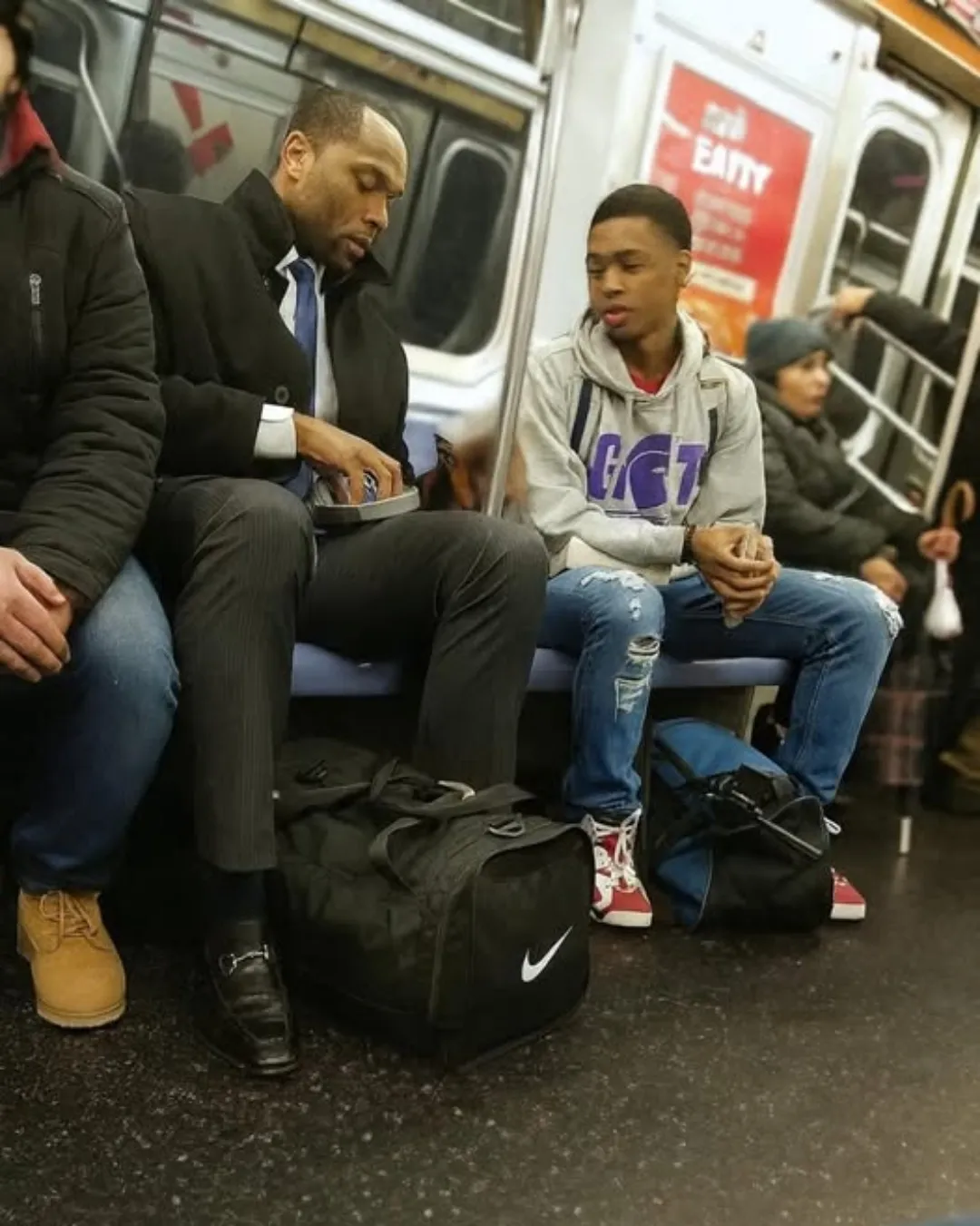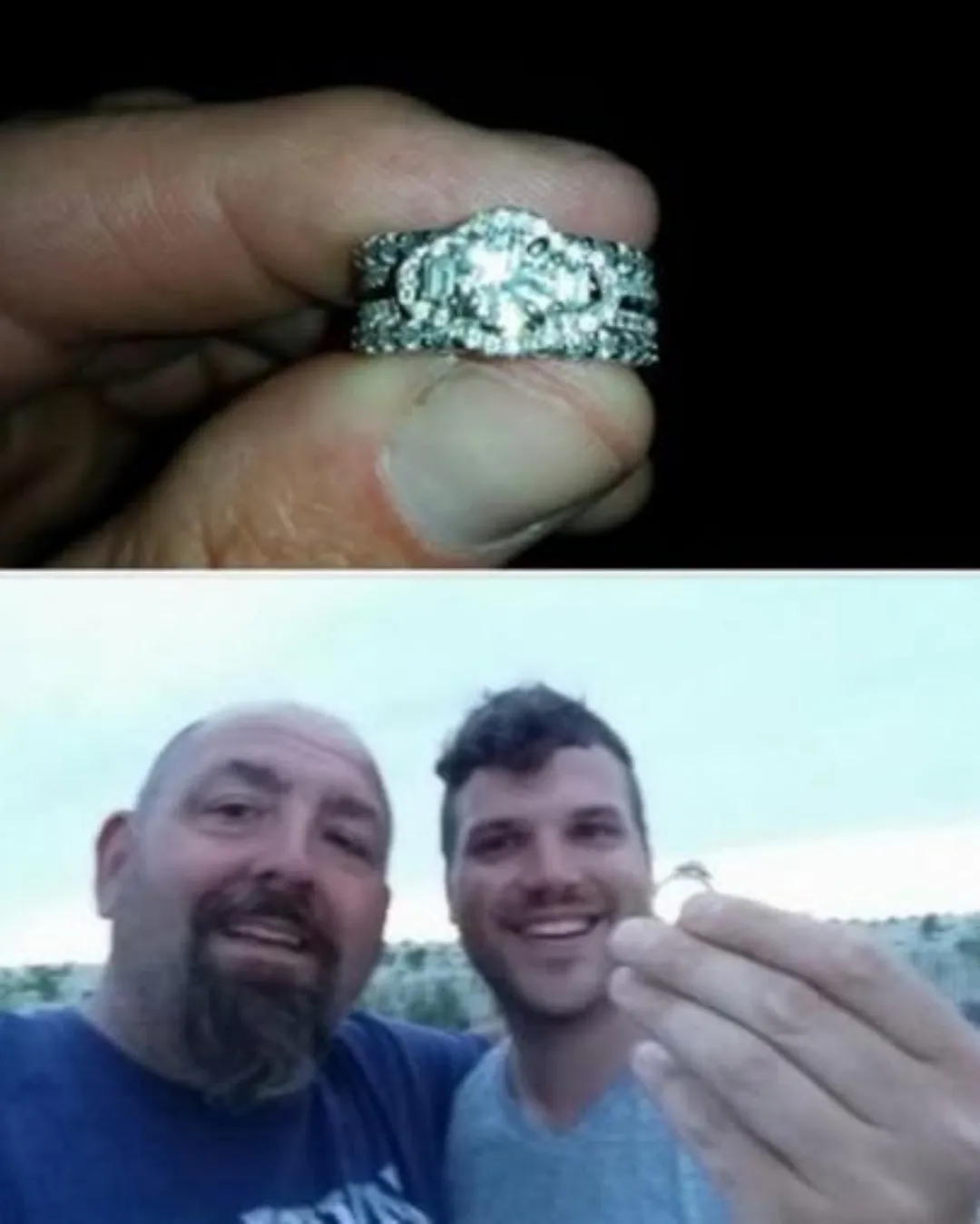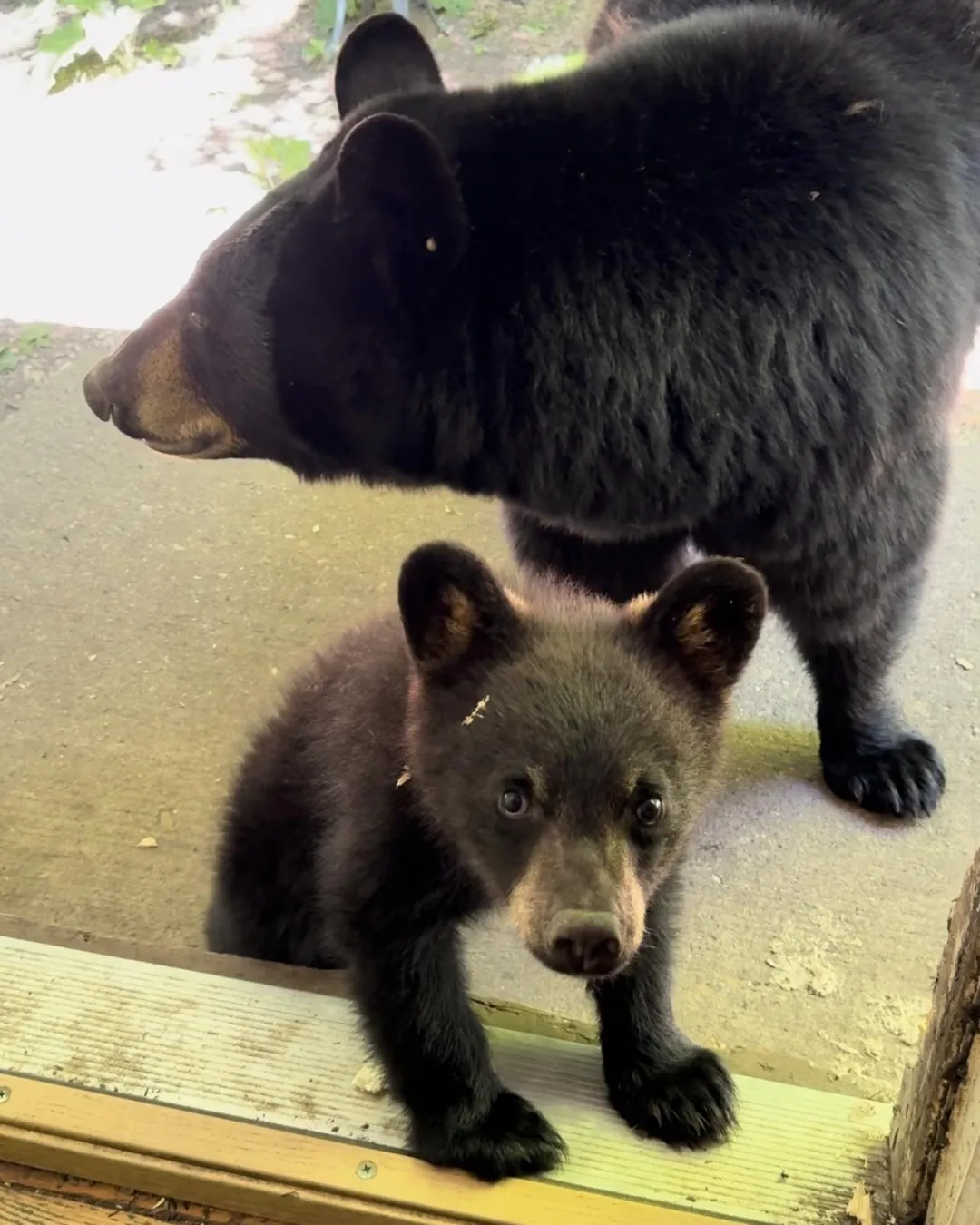Why I Never Want My Daughter to Stop Looking Around619
The afternoon light filtered softly through the kitchen window as my daughter placed her progress report in my hands. The paper was crisp, dotted neatly with check marks that reflected her growth, her effort, her steady little triumphs. Yet, one mark stood alone, set apart from the others.
“How am I doing, Mom?” she asked, her voice small but tinged with a maturity that felt older than her years. She peered up at me through smudged eyeglasses that slid precariously down her nose, her hair a little tangled from the day. Her tiny finger landed on the teacher’s note beside the solitary check mark:

I had known this long before it appeared in black and white. Since she was a toddler, my daughter had always been a quiet observer of the world, noticing details most adults rushed past.
I read aloud all the positives, making sure she saw how many there were, how brightly they shone. Then I gently told her about the teacher’s note. She gave me a shy, uncertain smile, as if she were bracing for disappointment, and whispered, “I do look around a lot.”
In that moment, I refused to let a seed of shame take root. I bent down, eye level with her, so she would not only hear my words but feel their truth.
“Yes,” I told her softly, “you do look around a lot. And that is your gift.”
I reminded her:
“You noticed Sam sitting alone with a skinned knee on the field trip, and you went to comfort him.
You noticed Banjo’s runny nose, and because of you, the vet caught his illness early.
You noticed how hard our waitress was working, and you suggested we leave her an extra good tip.
You noticed Grandpa slowing down, and instead of running ahead, you stayed with him.
You notice the beauty of the view every time we cross the bridge to swim practice.”
Her eyes grew wide, her little shoulders straightening as she absorbed the words. A shy smile spread into something radiant, a glow of acceptance and pride.
“I don’t ever want you to stop noticing,” I told her firmly. “The world needs people like you. Your noticing is your gift, and it makes the world better.”
And as I watched her beam, I realized something profound: her so-called distraction was, in fact, presence. Where others overlooked, she paid attention. Where others hurried, she paused.
The truth is, we are all waiting for someone to notice — notice our pain, our scars, our small victories, our courage to keep going.
And when someone truly notices, it feels like being seen for the first time.
My daughter, in her quiet way, had that gift. And perhaps, if she never stopped noticing, she just might change the world.
A Loyal Friend at His Final Goodbye618

The day was gray and heavy, as if the sky itself understood the loss. Friends, family, and fans gathered in quiet reverence to say goodbye to Gordon Lightfoot — the legendary musician whose voice had carried stories across decades, whose songs had woven themselves into the hearts of millions.
The church was filled with the soft murmur of memories shared and the gentle rustle of tissues. Flowers lined the aisle, their scent mingling with the faint echo of guitar chords playing in the minds of those who loved him. But amid the solemn crowd, one figure stood out — not for grandeur, but for unwavering devotion.
It was his dog.

The loyal companion sat close to the casket, eyes fixed as though waiting for his friend to turn and greet him one more time. People moved quietly around them, yet the dog didn’t stir. His stillness was its own kind of mourning, a presence so pure it seemed to draw everyone’s gaze.
Throughout the service, he remained there — silent, steadfast. When the final hymn played and the casket was carried toward the waiting hearse, the dog followed, his steps slow but certain, as though refusing to let his friend take this last journey alone.

For those who witnessed it, the sight was almost too much to bear. It was love without condition, grief without words. In a life that had been filled with music, accolades, and applause, it was perhaps this quiet loyalty that spoke the loudest in Gordon’s final moments.
That day, as the world said goodbye to a legend, one faithful friend reminded everyone that love — the kind that doesn’t fade, doesn’t leave — is its own timeless song.





